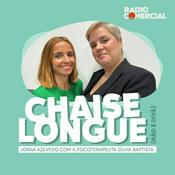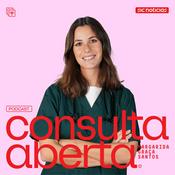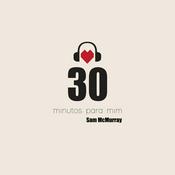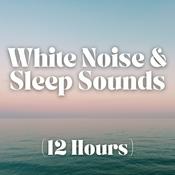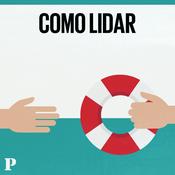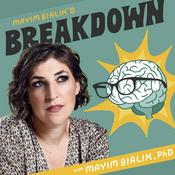20 episódios
- With Christian Hassager, Rigshospitalet, Copenhagen University Hospital, Copenhagen - Denmark and Susanna Price, Royal Brompton Hospital, London - UK
In this podcast, Christian Hassager and Susanna Price discuss this topic: external triggers or vulnerable patients? Circadian variation in acute cardiac events around Christmas. - With Teresa Lopez Sobrino, Hospital Clinic of Barcelona, Barcelona - Spain and Carlos L Alviar, New York University School of Medicine, New York - United States of America.
In this podcast, Teresa Lopez Sobrino and Carlos L Alviar discuss tips & tricks for non-invasive and invasive ventilation modes, ventilator-induced lung injury, protective ventilation. - With Jan Belohlavek, Charles University of Prague, Prague Czechia, and Alain Combes, Pitie Salpetriere APHP University Hospital, Paris - France.
In this podcast, Jan Belohlavek and Alain Combes discuss tips & tricks to avoid complications related to VA/VV-ECMO and Impella - the devices that save lives. Differences in the management of acute MI in older people- one size does not fit everyone!
28/7/2025 | 13minWith Vijay Kunadian, Newcastle University, Newcastle-Upon-Tyne - UK and Francisco Jose Chacon-Lozsan, Peterfy Sandor Hospital, Budapest - Hungary.
The differences in the management of acute MI in older adults, including diagnosis, risk stratification, invasive strategy and pharmacotherapy.
Mais podcasts de Saúde e fitness
Podcasts em tendência em Saúde e fitness
Sobre ACVC Cardio Talk
Experts discussion on the recent data on the usage of a combination of diuretics in AHF patients.
Practical tips & tricks for preventing diuretic resistance, avoiding neurohormonal and metabolic overactivity, and individualising therapy depending on electrolyte disturbances, kidney dysfunction or respiratory failure.
Sítio Web de podcastOuve ACVC Cardio Talk, O Nosso Olhar Para Ti e muitos outros podcasts de todo o mundo com a aplicação radio.pt
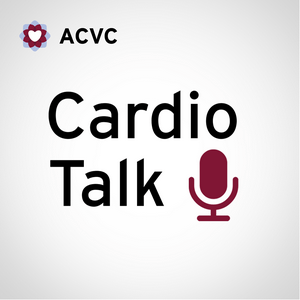
Obtenha a aplicação gratuita radio.pt
- Guardar rádios e podcasts favoritos
- Transmissão via Wi-Fi ou Bluetooth
- Carplay & Android Audo compatìvel
- E ainda mais funções
Obtenha a aplicação gratuita radio.pt
- Guardar rádios e podcasts favoritos
- Transmissão via Wi-Fi ou Bluetooth
- Carplay & Android Audo compatìvel
- E ainda mais funções


ACVC Cardio Talk
Leia o código,
descarregue a aplicação,
ouça.
descarregue a aplicação,
ouça.






